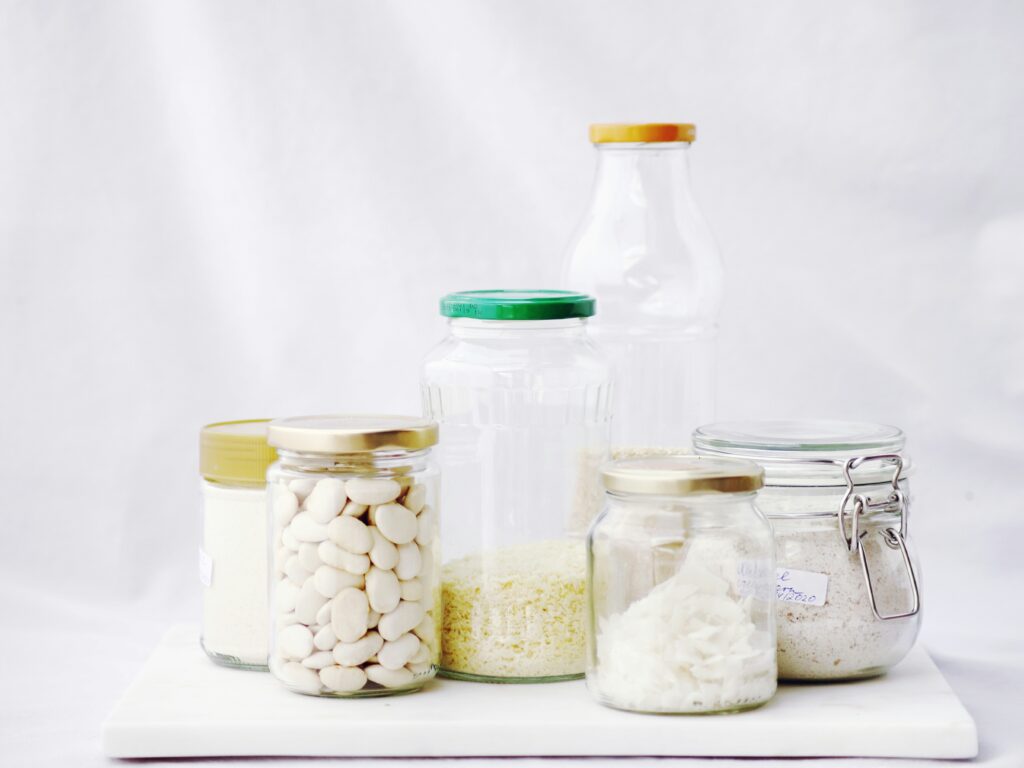
1. Introduction
Importance of Nutrition
Nutrition plays a crucial role in our overall health and well-being. The foods we consume can impact everything from our energy levels to our mood. By nourishing your body with healthy foods, you can improve your physical health, boost your immune system, and even enhance your mental clarity.
Overview of Healthy Foods
In this guide, we’ll explore various categories of healthy foods, including fruits, vegetables, whole grains, proteins, and more. Each section will highlight the benefits of these foods and provide practical tips for incorporating them into your diet.
2. Fruits: Nature’s Candy
Nutritional Benefits
Fruits are packed with vitamins, minerals, and antioxidants that are essential for good health. They are also high in fiber, which aids digestion and helps maintain a healthy weight. Regular fruit consumption is linked to a lower risk of chronic diseases such as heart disease and diabetes.
Top Fruits for Health
- Berries: Blueberries, strawberries, and raspberries are rich in antioxidants and vitamins.
- Citrus Fruits: Oranges, grapefruits, and lemons are high in vitamin C, which boosts immunity.
- Bananas: A great source of potassium and energy, perfect for a quick snack.
3. Vegetables: The Cornerstone of a Healthy Diet

Benefits of Eating Vegetables
Vegetables are vital for a healthy diet, providing essential nutrients while being low in calories. They help reduce the risk of many chronic diseases and are a great source of dietary fiber.
Best Vegetables to Include
- Leafy Greens: Spinach, kale, and Swiss chard are nutrient-dense and versatile.
- Cruciferous Vegetables: Broccoli, cauliflower, and Brussels sprouts are packed with vitamins and can aid in detoxification.
- Colorful Veggies: Bell peppers, carrots, and beets provide antioxidants and essential nutrients.
4. Whole Grains: Fuel for Your Body
Difference Between Whole Grains and Refined Grains
Whole grains retain the bran and germ, making them more nutritious than refined grains, which are stripped of these parts. Whole grains provide more fiber, vitamins, and minerals.
Top Whole Grains to Try
- Quinoa: A complete protein and gluten-free grain.
- Brown Rice: A great source of magnesium and fiber.
- Oats: Rich in beta-glucan, which can lower cholesterol levels.
5. Healthy Proteins: Building Blocks of Life

Importance of Protein in Your Diet
Protein is essential for building and repairing tissues, making enzymes, and supporting immune function. Including healthy protein sources in your diet can help you maintain muscle mass and support overall health.
Best Sources of Healthy Protein
- Lean Meats: Chicken, turkey, and lean cuts of beef are great sources of protein.
- Fish: Fatty fish like salmon and mackerel are rich in omega-3 fatty acids.
- Plant-Based Proteins: Tofu, tempeh, and legumes are excellent alternatives for vegetarians and vegans.
6. Healthy Fats: Essential for Wellness
Role of Healthy Fats
Healthy fats are crucial for brain health, hormone production, and nutrient absorption. Including healthy fats in your diet can improve heart health and support overall well-being.
Best Sources of Healthy Fats
- Avocados: Rich in monounsaturated fats and potassium.
- Olive Oil: A staple in the Mediterranean diet, great for heart health.
- Fatty Fish: Provides omega-3 anti-inflammatory fatty acids.
7. Dairy Alternatives: Calcium Without Compromise
Benefits of Dairy Alternatives
For those who are lactose intolerant or prefer plant-based options, dairy alternatives can provide essential nutrients like calcium and vitamin D without the drawbacks of dairy. Many dairy alternatives are fortified with these nutrients.
Top Dairy Alternatives to Consider
- Almond Milk: Low in calories and a good source of vitamin E.
- Soy Milk: A complete protein alternative to cow’s milk.
- Coconut Yogurt: A dairy-free option that’s rich in probiotics.
8. Legumes: The Power of Plant-Based Protein

Nutritional Benefits of Legumes
Legumes are an excellent source of plant-based protein and fiber. They help maintain digestive health and can aid in weight management. Eating legumes regularly can reduce the risk of heart disease.
Ways to Incorporate Legumes into Your Diet
- Salads: Add chickpeas or black beans for extra protein.
- Soups and Stews: Incorporate lentils or kidney beans for a hearty meal.
- Snacks: Roasted chickpeas make for a healthy, crunchy snack.
9. Nuts and Seeds: Small but Mighty
Health Benefits of Nuts and Seeds
Nuts and seeds are nutrient-dense and provide healthy fats, protein, and fiber. They are also rich in antioxidants, which can help protect against cellular damage.
Best Nuts and Seeds for Optimal Health
- Almonds: High in vitamin E and magnesium.
- Chia Seeds: A great source of omega-3 fatty acids and fiber.
- Walnuts: Rich in antioxidants and beneficial for heart health.
10. Herbs and Spices: Flavor with Health Benefits
Benefits of Adding Herbs and Spices
Herbs and spices can enhance flavor without adding calories. Many also offer health benefits, such as anti-inflammatory and antioxidant properties. Incorporating herbs and spices into your meals can elevate your dishes and your health.
Top Herbs and Spices for Wellness
- Turmeric: Known for its anti-inflammatory properties.
- Ginger: Great for digestion and can help reduce nausea.
- Garlic: Offers cardiovascular benefits and boosts the immune system.
11. Fermented Foods: Gut Health Heroes

Importance of Gut Health
A healthy gut is essential for overall wellness, affecting everything from digestion to mental health. Fermented foods are rich in probiotics, which promote a balanced gut microbiome.
Best Fermented Foods to Include
- Yogurt: A well-known source of probiotics.
- Kefir: A fermented dairy drink that’s even richer in probiotics.
- Sauerkraut: Fermented cabbage that provides fiber and vitamins.
12. Hydration: The Often-Overlooked Essential
Importance of Staying Hydrated
Hydration is crucial for maintaining energy levels, supporting digestion, and promoting healthy skin. Drinking enough water can improve cognitive function and overall well-being.
Best Hydration Practices
- Drink Water Regularly: Aim for at least 8 glasses of water a day.
- Infuse Water: Add fruits like lemon or cucumber for a refreshing twist.
- Eat Water-Rich Foods:

